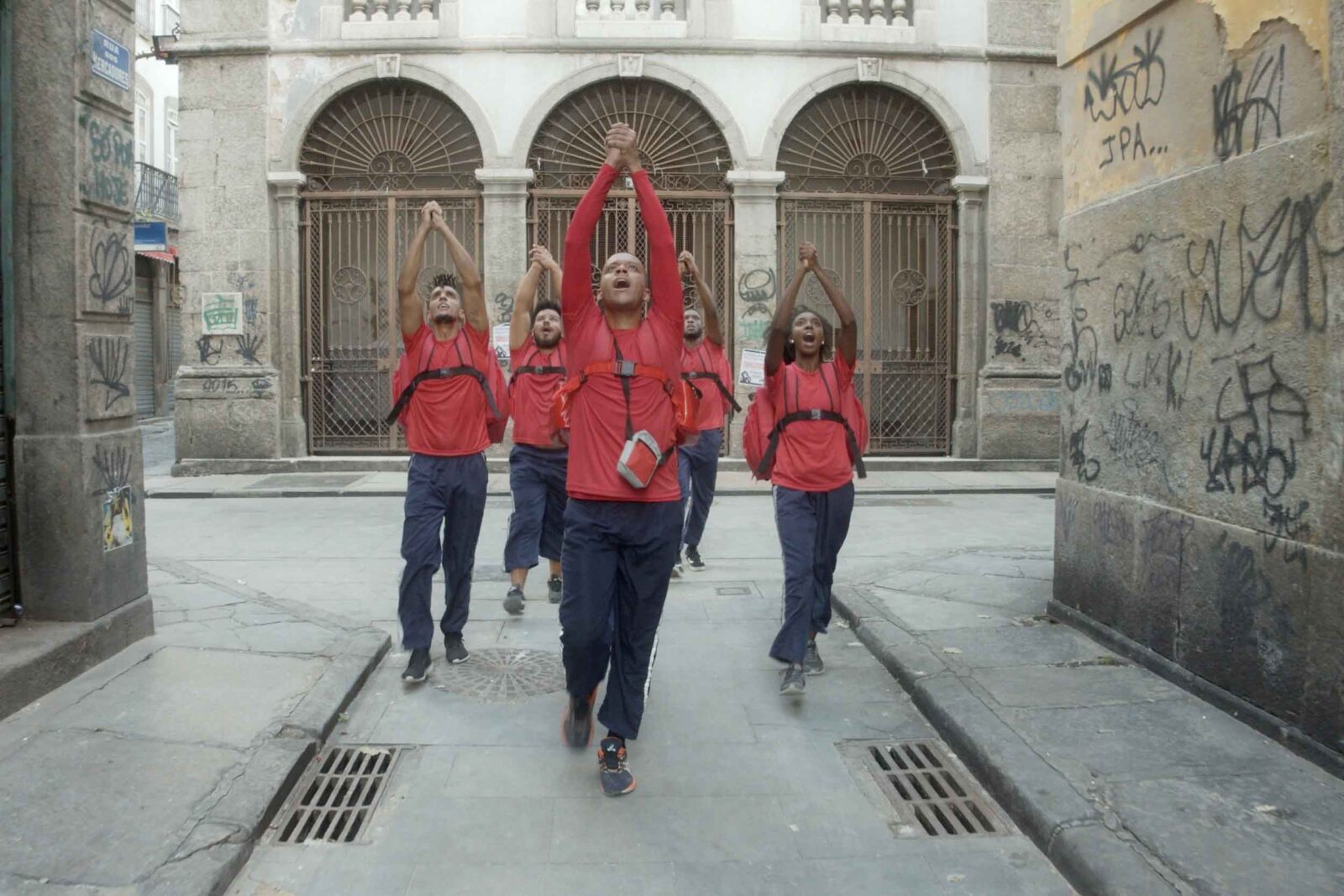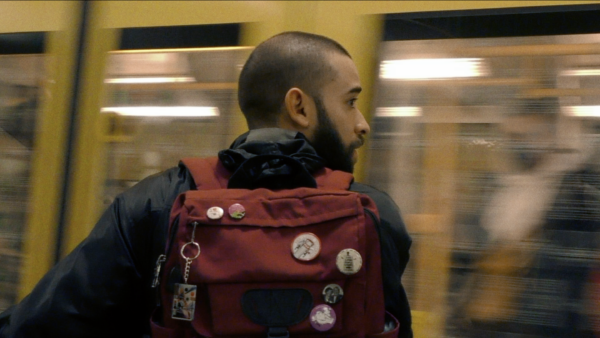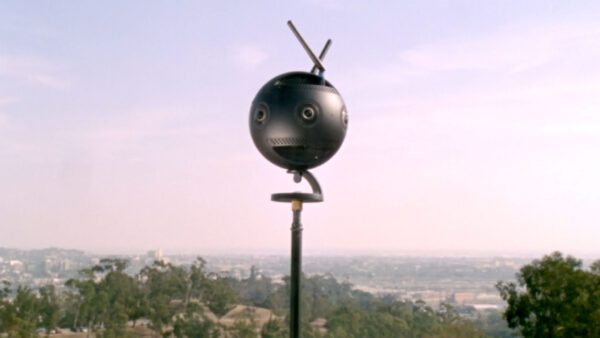On The Altar Of Convenience
Neon Phantom
Leonardo Martinelli’s Locarno Golden Leopard winner Neon Phantom is surprisingly as entertaining and watchable as it is urgent and harrowing.

Like so many around the world, swaths of people in Brazil lost their jobs due to the pandemic, and as a consequence the country saw an increase in workers signing up for precarious platform labour, whether as taxi drivers, food deliverers or other. 11 In Brazil, delivery drivers for Uber, Rappi and others protest amid pandemic, Marcelo Rochabrun and Gabriela Mello, Reuters, 1 July 2020 ↩︎ In the Global North, with its relatively better employment standards and regulations, we talk about the gig economy as a worrying new development propelled by digital technologies—however, the history of the Brazilian working class is one of gig work since well before the rise of driving and delivery apps. 22 Gig Work is Not a Novelty in Brazil w/ Rafael Grohmann, Tech Won’t Save Us (podcast), October 2021 ↩︎ What has changed is that much of this work now runs through digital apps from corporations that have largely been getting away with ignoring or trampling over workers’ rights. Around eleven million workers in Brazil currently depend on digital service platforms for their earnings, of which at least one million are the kinds of couriers and delivery drivers that are the focus of Leonardo Martinelli’s latest short Neon Phantom.
Set mostly on the streets of Rio, the Locarno Golden Leopard winner focuses on João, alongside a host of background characters, all working as food deliverers outfitted with the now-ubiquitous square backpacks, all servicing a society that treats them with little empathy, if with any consideration at all. Conversations between João and his peers illustrate this culture of disposability and the intense vulnerability that comes with it, from the threats and harassment from customers, the risk of being blocked by the platforms, being exposed to police brutality and dangerous traffic, and in pandemic times, the lack of compensation and protection that leaves them between a rock and a hard place: work while sick and possibly bring a virus into their home environments, or have no income at all.
It makes for bleak subject matter, but Martinelli’s visual and musical approach makes Neon Phantom surprisingly as entertaining and watchable as it is urgent and harrowing. Part musical, part social realism, we are treated to performances of drivers bursting into song and dancing in solidarity with one another, lamenting the horrendous conditions put upon them through both traditional and contemporary Brazilian music, surrounded by lush neon hues and various cityscapes. In contrast, we get the often more lo-fi, toned-down, and somewhat documentaristic treatments of the workers’ daily scenarios, such as when João is treated dismissively by a customer whose biggest concern is his missing tartar sauce. There are brief moments where the film breaks the fourth wall, which serves a further contrast with the fantastical nature of the musical segments and lands as a punch to the audience, asking for awareness and maybe even acknowledgment of complicity.
Hybrid shorts in which choreographed performances are set amidst striking and often beautifully lit urban environments have been popping up here and there for a while–think very recently of Petersen Vargas’ How to Die Young in Manila, which just as Neon Phantom, uses a luscious visual approach to highlight exactly the invisibility of its main subjects to the rest of the world. Hitting this home, João notes, “not even neon makes them see us”, a sentiment augmented by the translucent ghost character that lurks around them on Rio’s streets. The conditioned detachment nurtured by delivery apps, the borderline gamification of service apps controlled by corporations that offer workers little to no protection: by visualising this condition through a mix of magical and social realism, Martinelli finds an effective way to break through our numbness. With doom news rolling at accelerated speeds over the pandemic, it requires some trickery to awaken meaningful care and engagement, which the director largely manages to pull off. And while his lead character is a very watchable screen presence, he keeps João two-dimensional enough so we can use him as a stand-in for anyone in his position.
In one segment, João chants in protest and desperation and is powerfully answered by a choir of voices, only to be followed by a shockingly abrupt image of our main character being killed in a car crash, after which comes the sound of a soda can opening, and a shot of a half-eaten and sad looking fast food meal. A cacophonic sequence that is the most impactful of the film, asking what and whom we sacrifice, as through this one tragedy, it confronts the dramatic consequences of a platform capitalism that dehumanises workers into, at best, an extension of our phones and, at worst, minor obstacles on the path to hyper convenience. With increasing amounts of workers like João around the world protesting in demand for better rights and conditions, including nationwide strikes in Brazil last year, Neon Phantom adds to these voices in a manner both reflective and galvanising, as the last chant, “My Brazil” is cut short before its conclusion.





There are no comments yet, be the first!